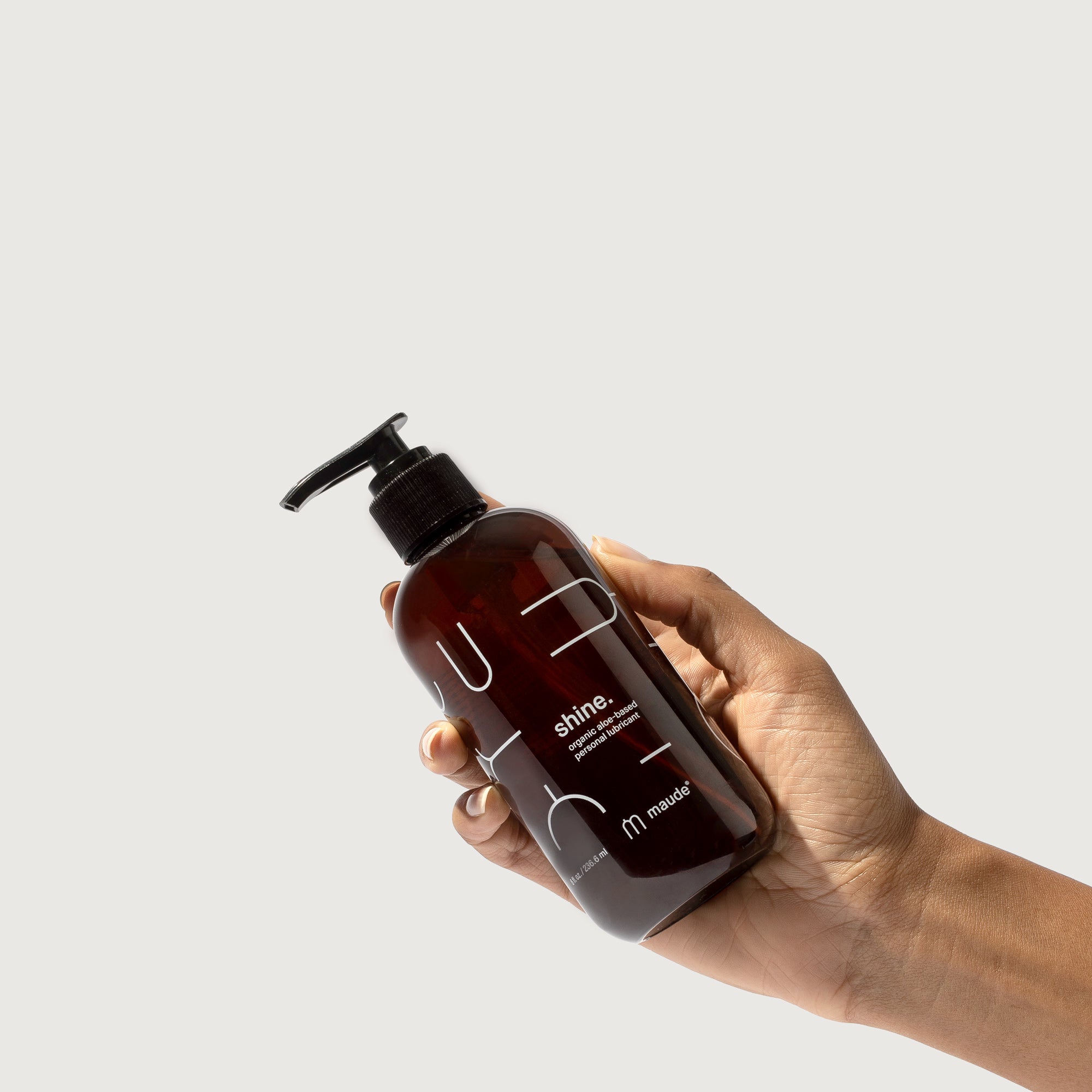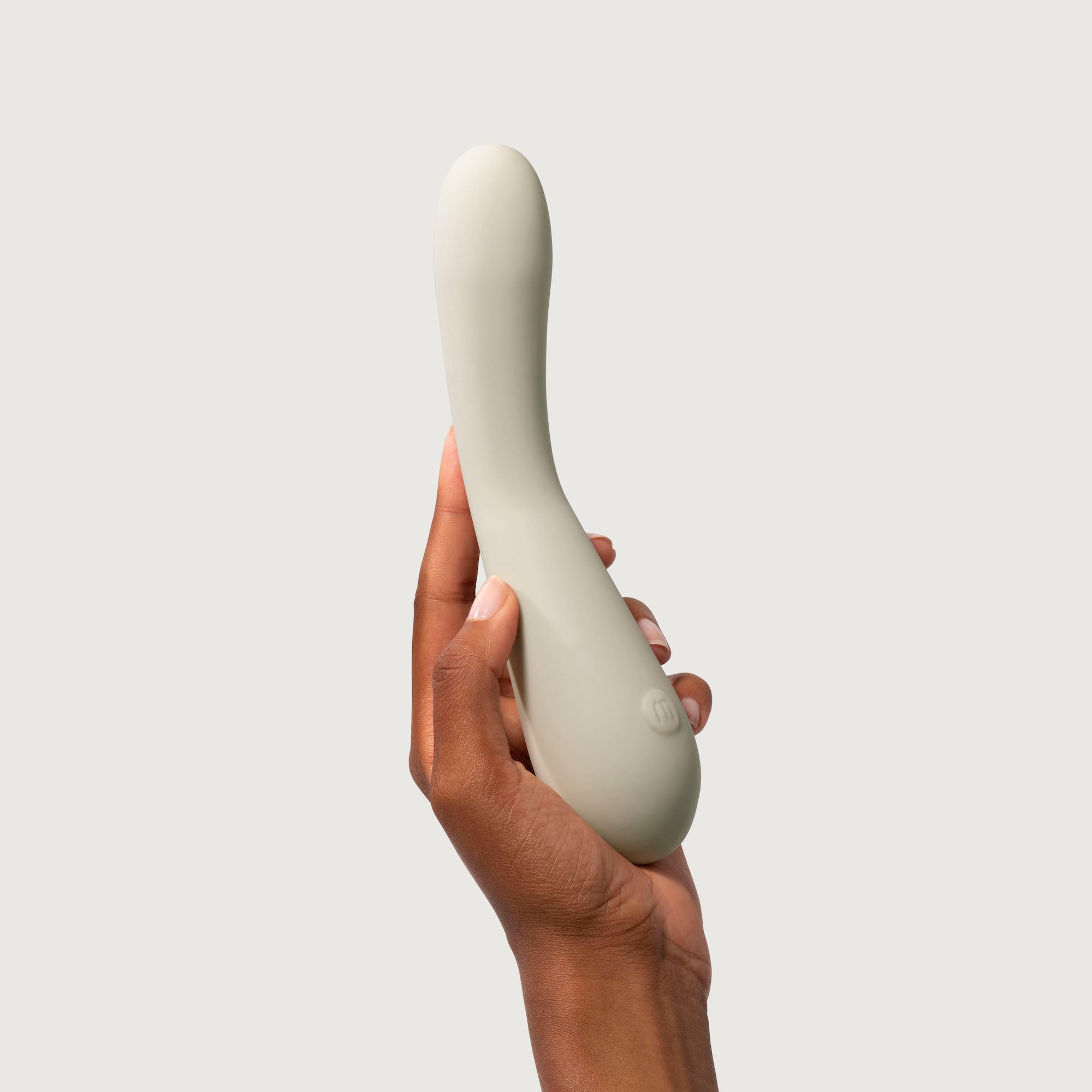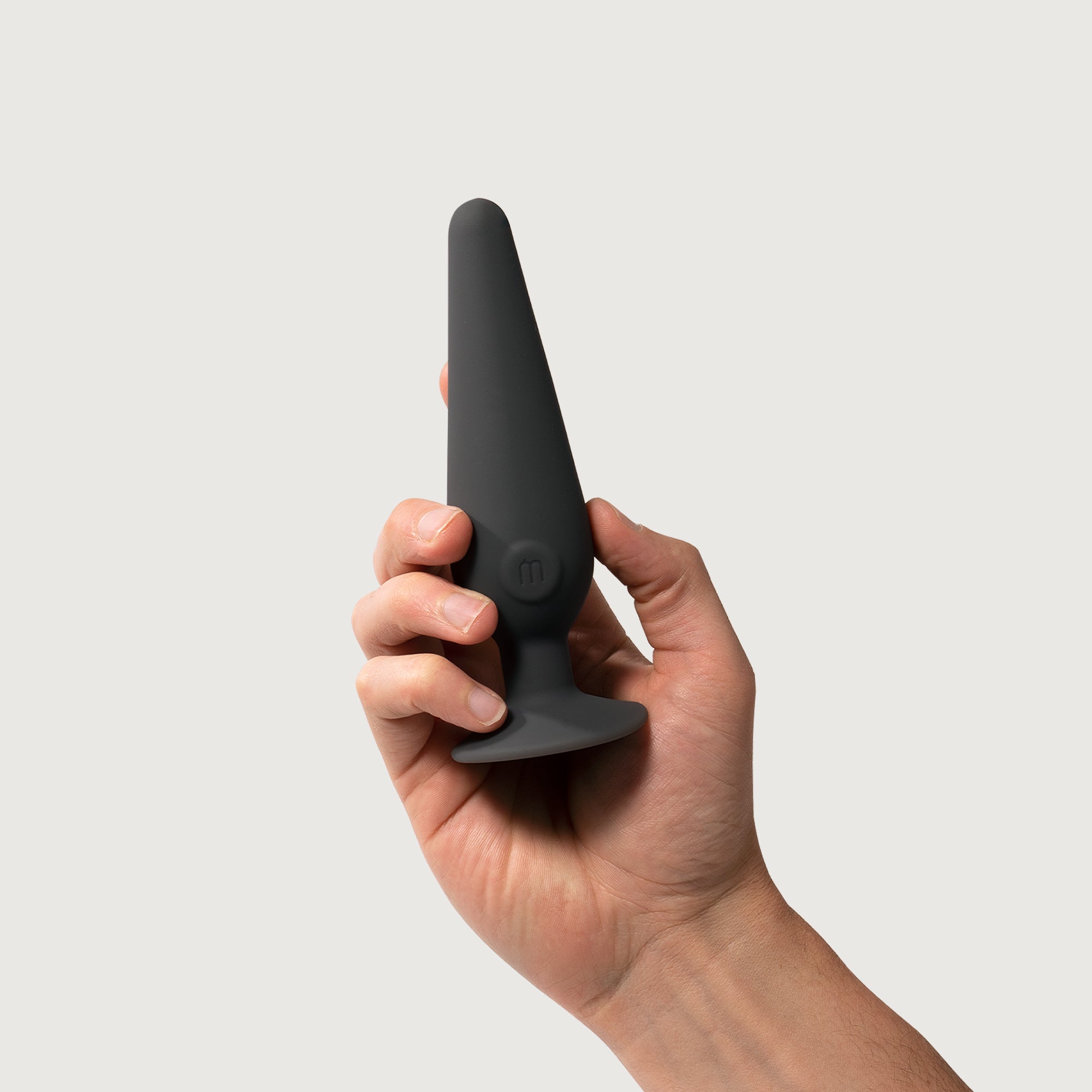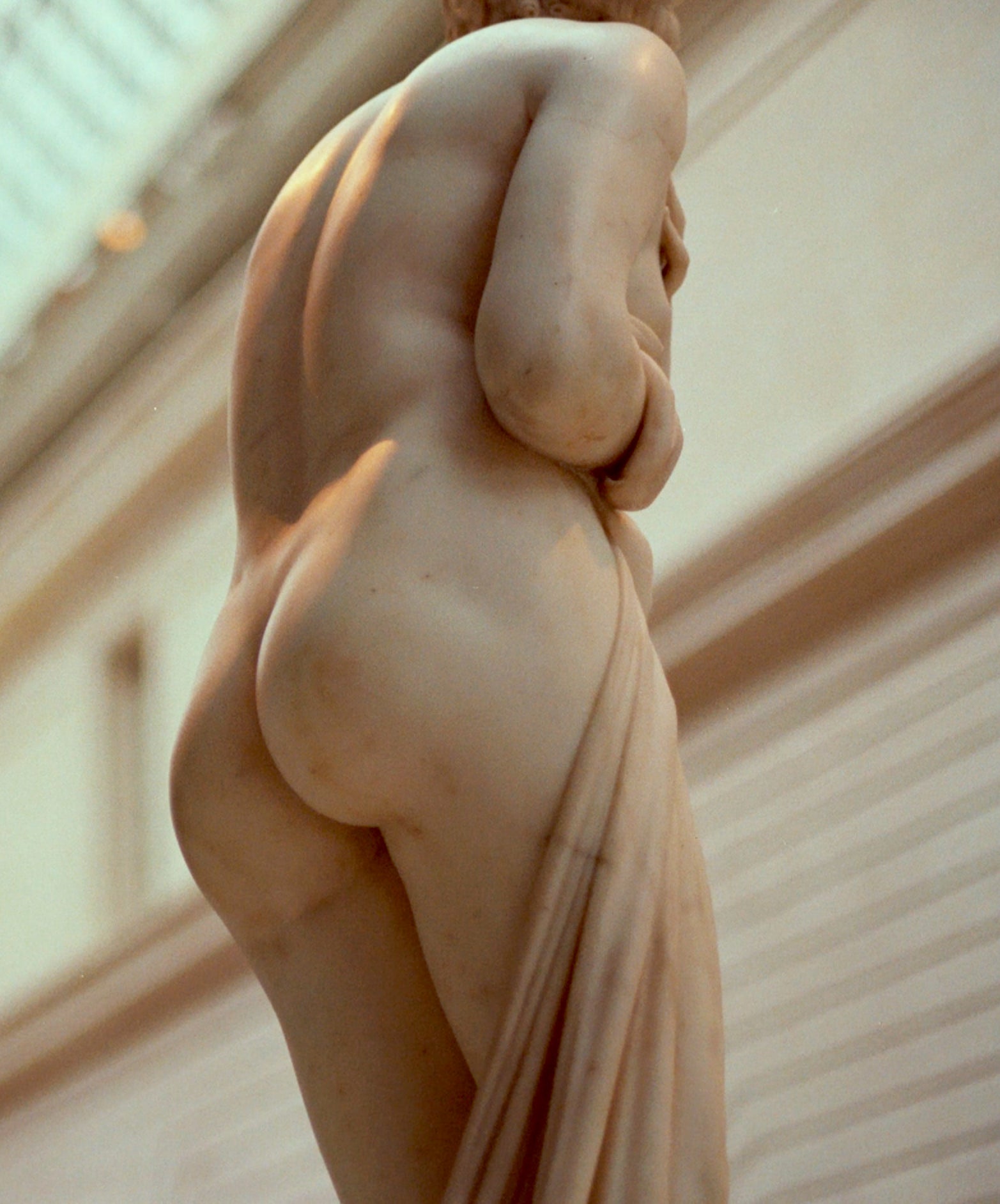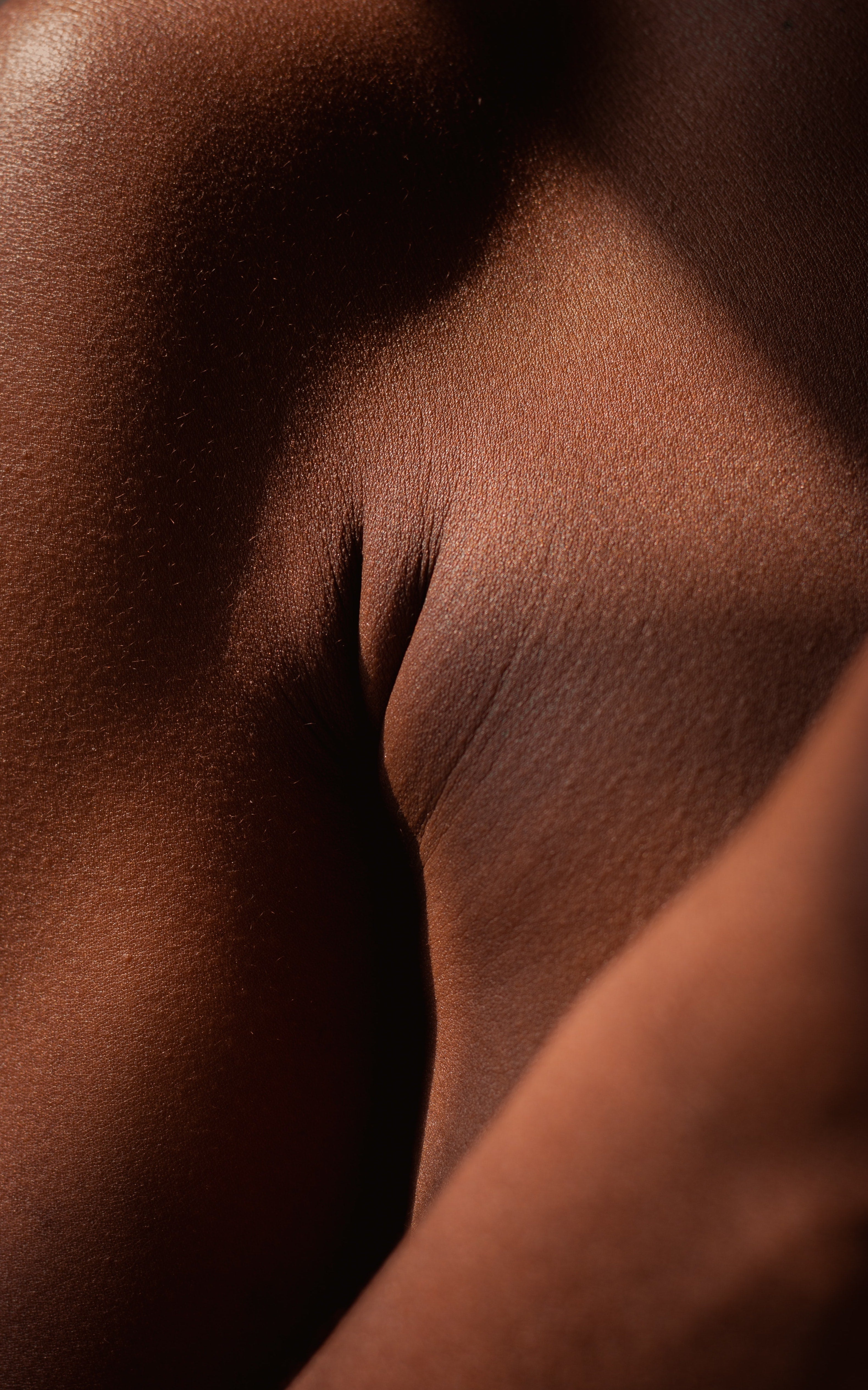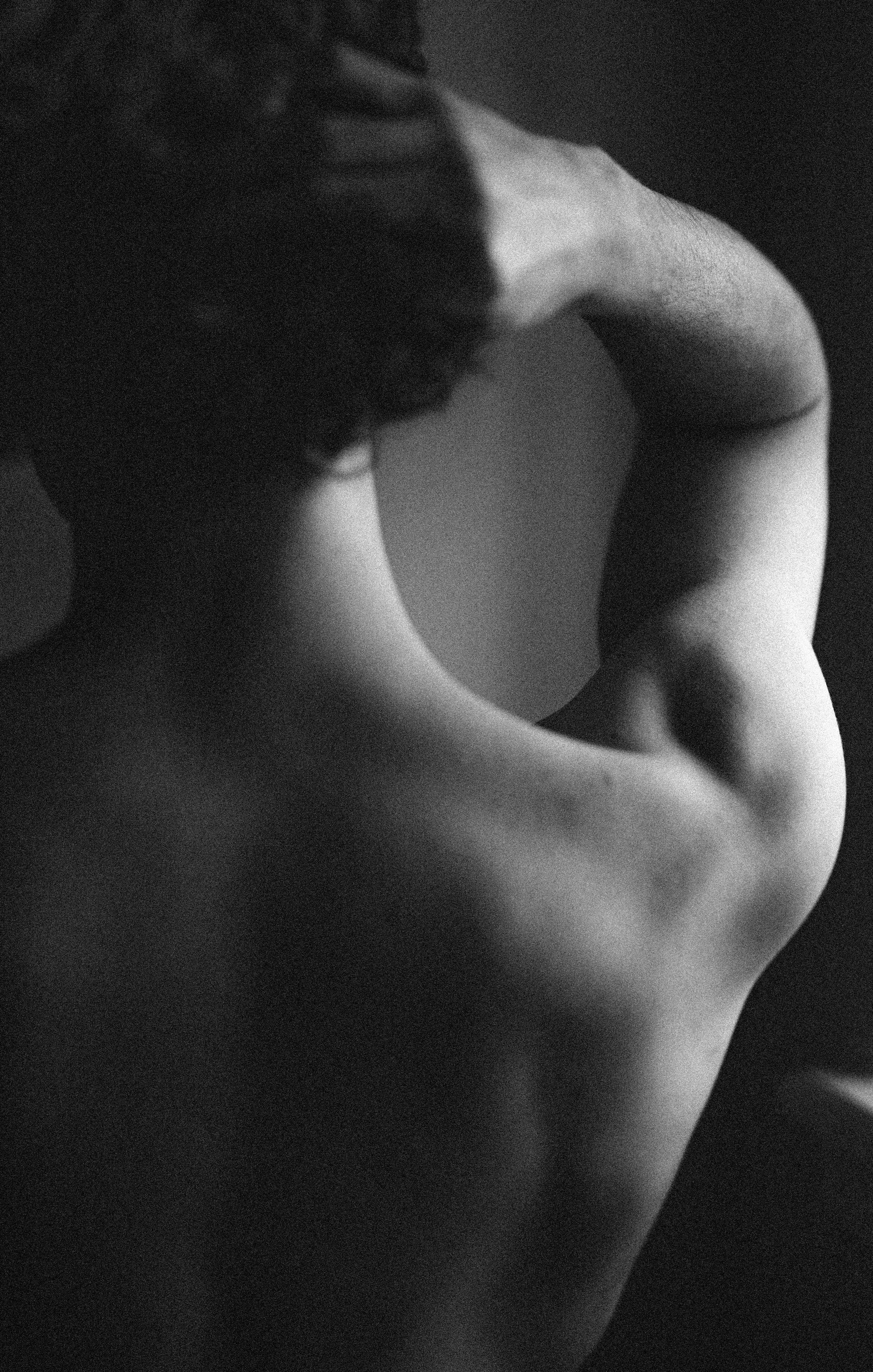The wellness movements dedicated to nudity.
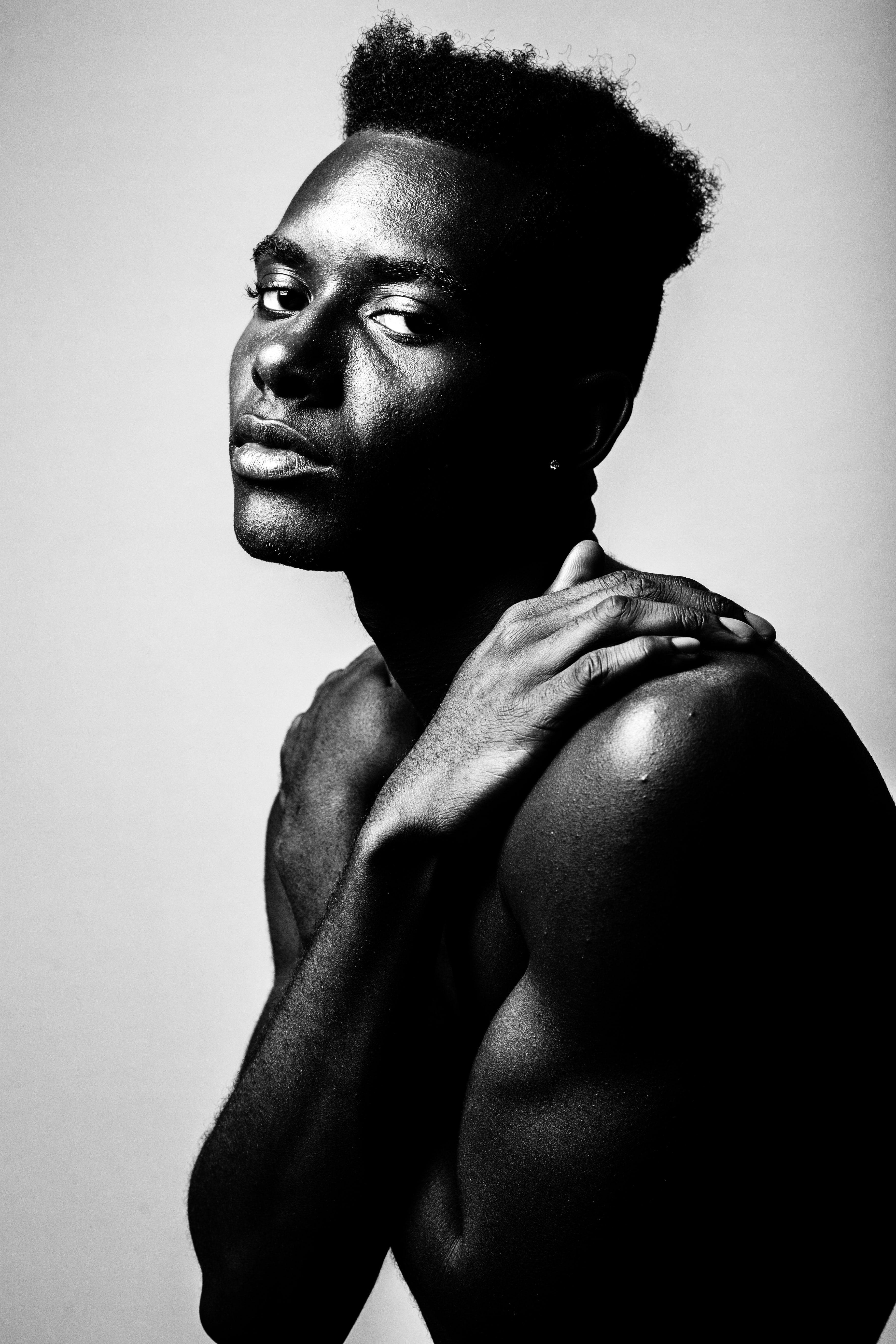
Can being in the buff boost your immune system?
Naked Neanderthals
While early humans were naked, that was by default. Since then, there has been a love-hate relationship both with being naked in public and the health benefits that leading a largely unclad life might bring.
In ancient Rome and Greece, there was a link between fitness and nudity, but rather than nudity being seen as contributing to a person’s health, it was more to do with appreciating the aesthetics of the nude athletic figure. Athletic competitions took place in the nude, but not out of any perceived benefit to the athlete.
By medieval times, nudity was very much out of fashion, and everyone covered up—humility and modesty were all the rage, and displaying your body was seen as arrogant towards God. The only thing being naked could possibly do health-wise was contribute to an eternity of suffering.
A Nude Dawn
After the Renaissance and industrial revolution brought new interests in science and health, the idea that going clothes-free could be good for you reared its (hatless) head. In Germany in the late 1800s, the idea of Freikörperkultur, or “free body culture”, began to take off (which is also what its followers began doing to their clothes). Heinrich Pudor and Richard Ungewitter published lengthy manifestos about what exposing your whole body to the elements while exercising could do for you, psychologically and physically.
In the early twentieth century, the world went nuts for naturism, something which came with a lot of health claims. In 1920, Marcel Kienné de Mongeot, the father of French naturism, claimed that a no-clothes lifestyle could prevent tuberculosis.
The health claims associated with nudity are generally linked to the sun. Vitamin D is extremely important, and in humans is best synthesized through sun exposure. A vitamin D deficiency can be incredibly debilitating—the 1919 discovery that regular exposure to sunlight helped stave them off changed millions of lives—but, of course, excessive sun exposure also brings health issues.
Most of the evidence about the physical health benefits of nudity is fairly anecdotal, common-sense based or agenda-led, arguing that, say, sleeping naked is better that sleeping wearing incredibly uncomfortable, excessively tight clothing. Yes it is. Is it any better than sleeping wearing comfortable clothing? Probably depends on you, your bed and what you like.
The No-Pants Dance
However, the psychological benefits seem a lot more robust. A 2018 paper published in the Journal of Happiness Studies found that people who spent time naked or partially naked around others felt happier about their bodies and themselves in general than people who never did such things, and expressed more also liked their own bodies more, thought better of themselves, and were more satisfied with their lives overall.
Other studies have suggested that a distorted view of what a ‘normal’ body looks like, presented by media imagery of unrealistically attractive bodies, can feed anxieties and insecurities, something which can be helped by the more realistic bodies on display in a gathering of naked people.
(Also, as basic as it sounds, having fun is good for you, and doing stuff naked—feeling the air on that bit more of your body, feeling that bit more free and uninhibited—is, for the people who do it, fun.)
Naturism’s PR Problem
However, people pushing naturist lifestyles have sometimes run into a lot of trouble—non-sexual nudity is a struggle for a lot of people to wrap their heads around. In the public eye, nudist resorts (which often have strict rules forbidding sex) and swingers’ resorts (which are very, very different) are frequently conflated. Even when this doesn’t happen, a “not in my back yard” attitude often comes in, along with the idea that children will be harmed by seeing naked people (they won’t).
In the early days of Hollywood there was a whole industry of nudism-based faux-documentaries, in fact designed entirely to titillate rather than educate. San Diego’s Zoro Garden Nudist Colony was, rather than real naturist resort, a spectacle where visitors could pay to ogle topless performers.
The Hole Issue
Recently, one nudism-related health claim got some real traction on TikTok and Instagram—two platforms that, for obvious reasons, have proven to be fairly receptive to nudity. In 2019, “perineum sunning” became very popular, according to some wellness influencers (and it is always worth noting that ‘wellness influencer’ and ‘healthcare professional’ are very different things) a way of “bringing solar energy into the body while preventing vital life force from escaping”.
Is there anything to it? (Or, as Australian Cosmopolitan asked, “Does Sunning Your Asshole Actually Have Any Health Bennies?”) No. Areas which are rarely exposed to the sun are more likely to burn quickly, and genital UV exposure can bring complications for people with HPV or herpes. Vitamin D production is not location-dependent, so sunning the bit between your genitals and butthole will not lead to increased or higher-quality doses.
The Naked Truth
Being naked is as healthy as it feels—if you like being naked, being naked is good for you. If playing volleyball with a bunch of naked people sounds like a huge amount of fun, go for it and reap the benefits (but make sure you apply sunblock adequately). If you can think of nothing worse, don’t do it. In terms of health, there’s nothing to be gained from getting sand up there against your will.
